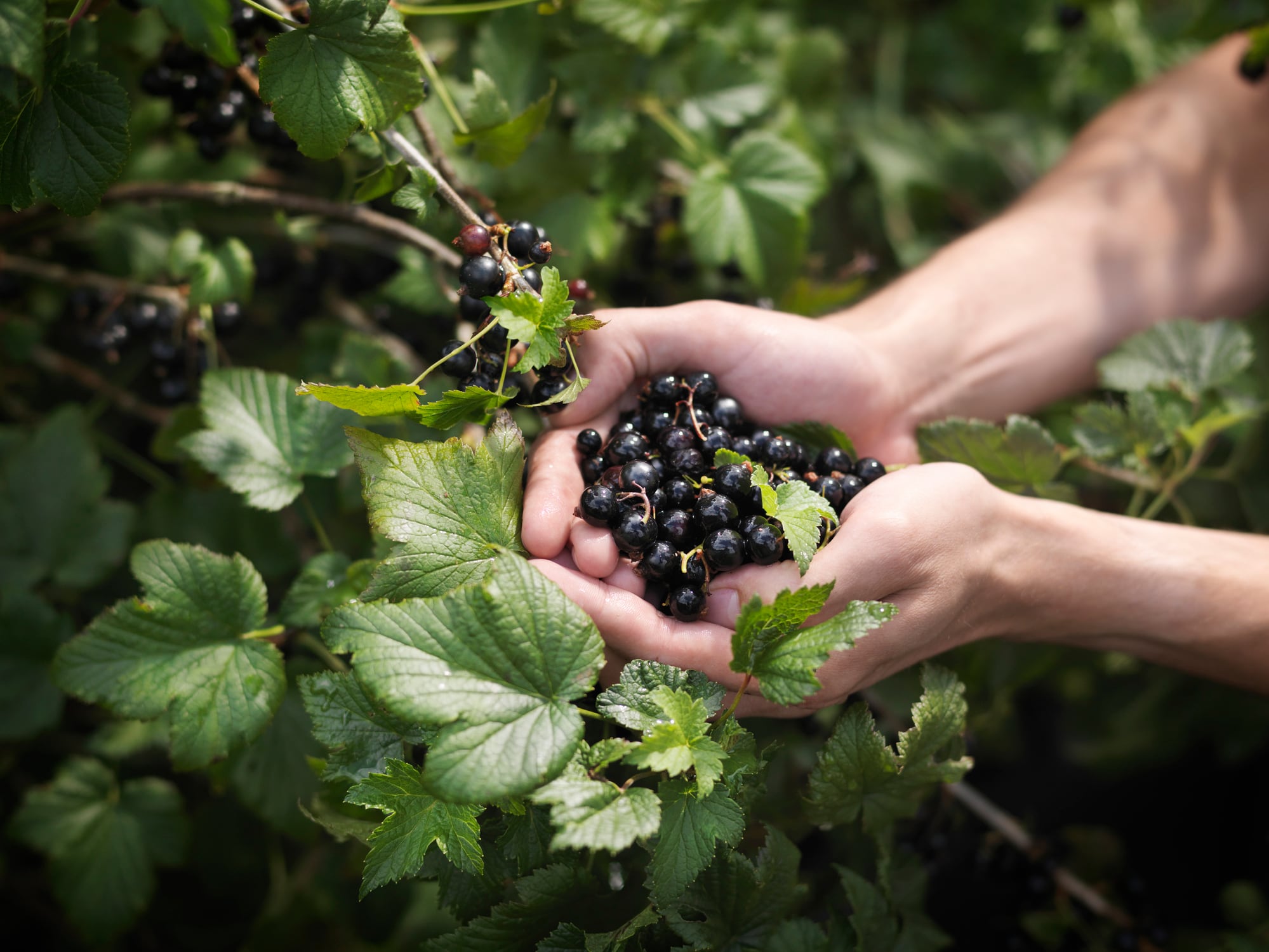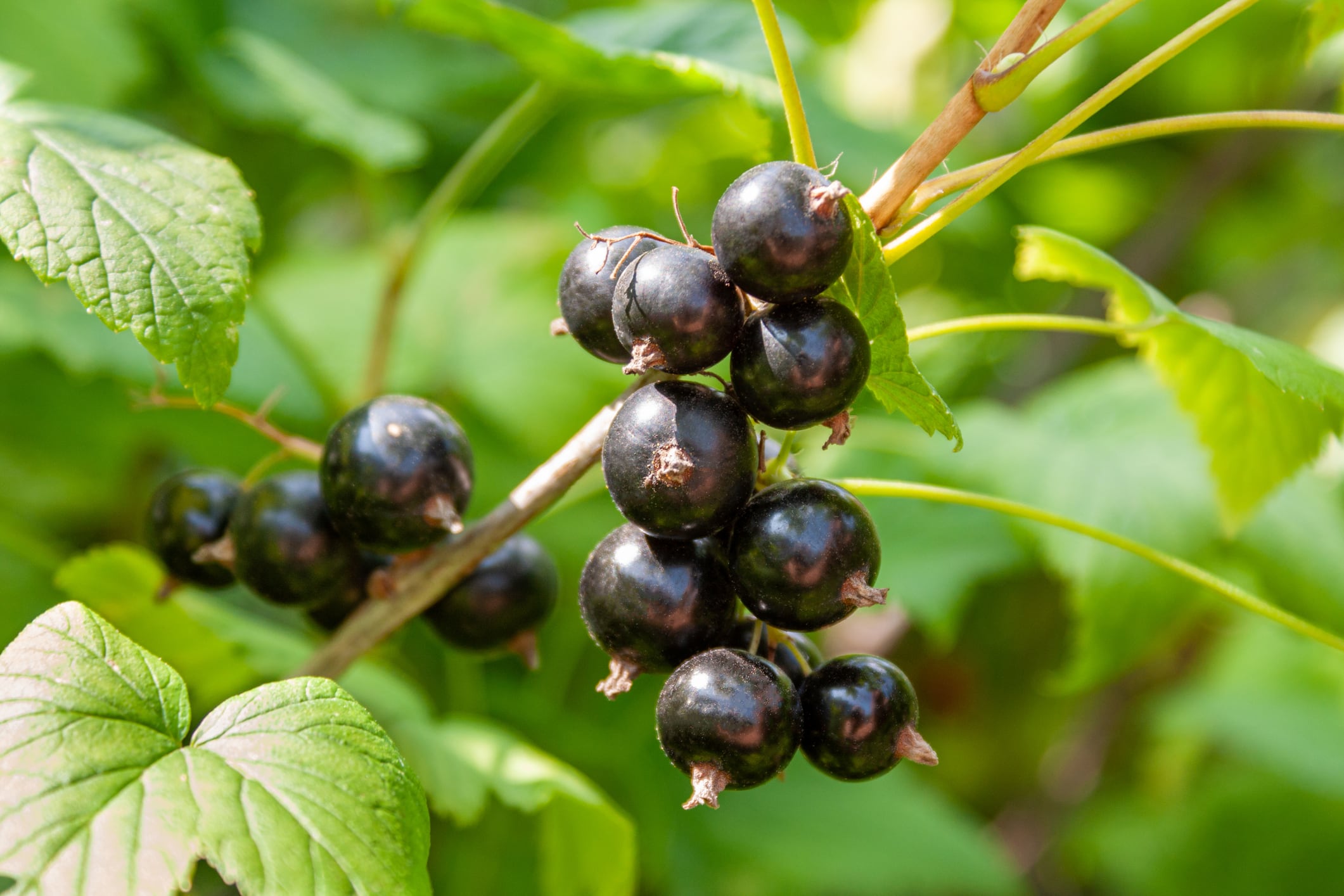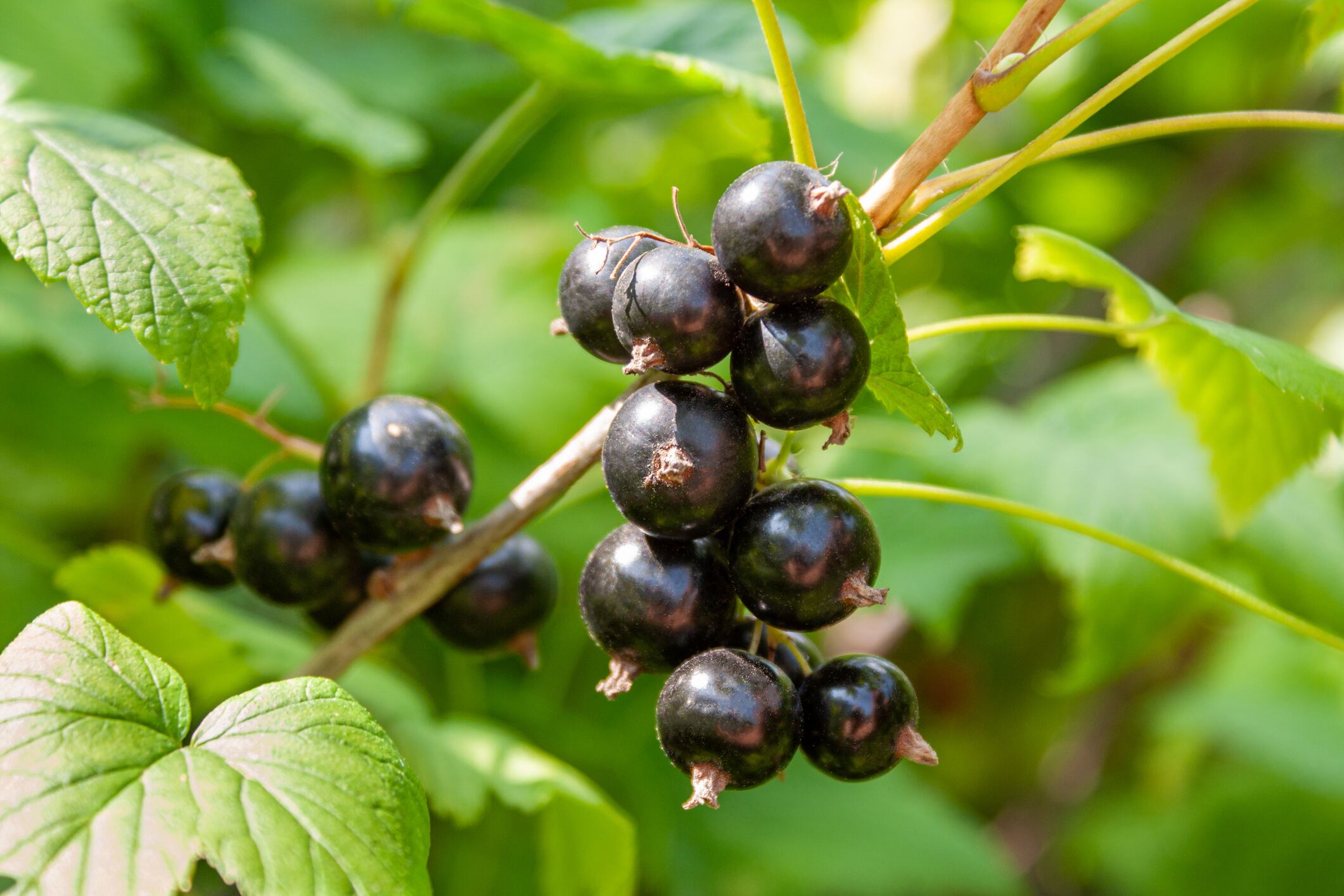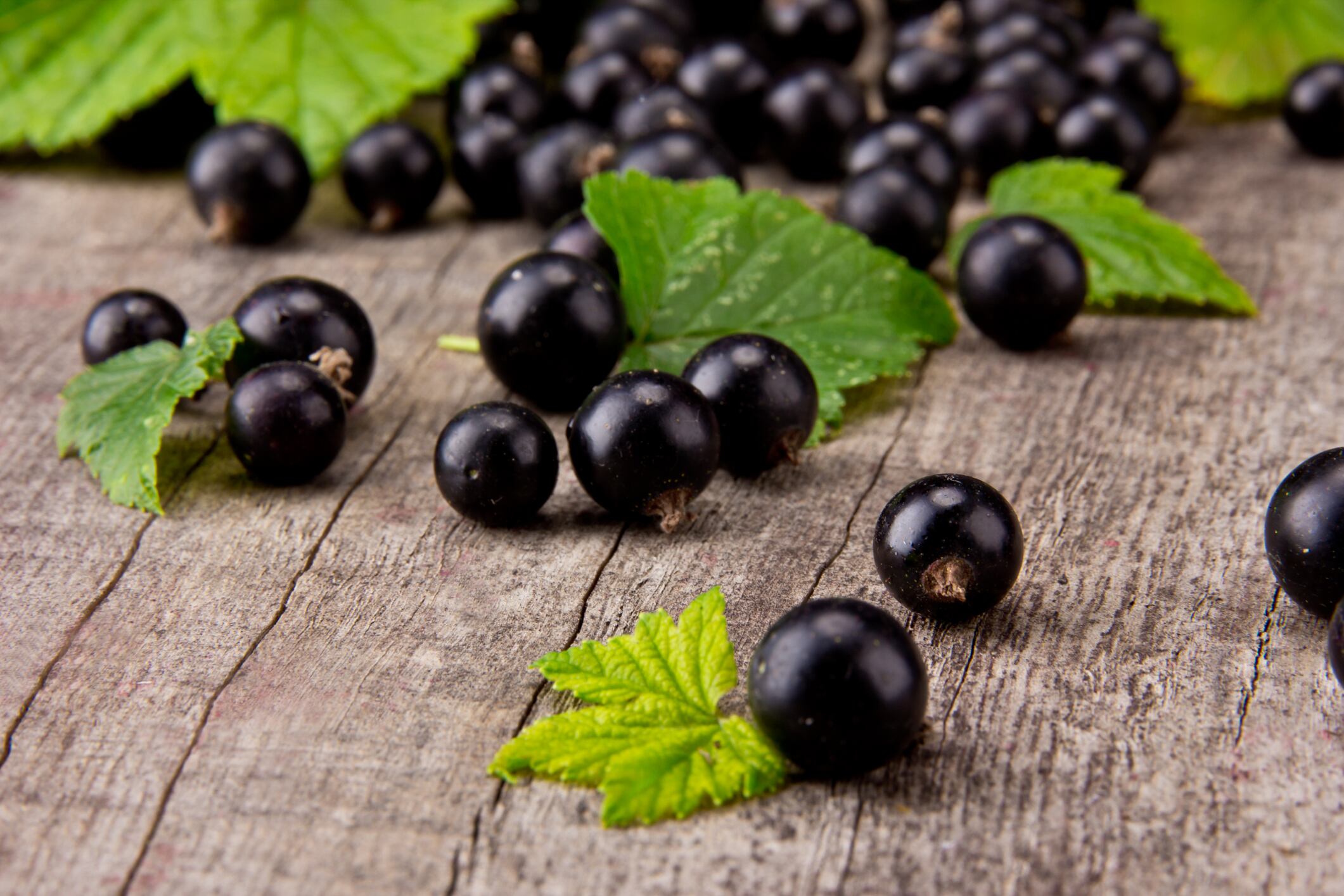Exercise induced muscle damage (EIMD) has been linked to the accumulation of leukocytes which contribute to the degradation of damaged muscle tissue through phagocytosis and by releasing proteolytic enzymes and reactive oxygen (ROS) and nitrogen species (RNS). If left unabated, such derivatives can exceed the antioxidant defense capacity and induce a secondary cascade of muscle fibre disruption, thereby hindering the recovery process.
Since inflammation and ROS derivatives are involved in EIMD, there has been considerable interest in the efficacy of anti-inflammatory and antioxidant dietary foods/supplements to reduce it.
Blackcurrants possess a high inherent antioxidant capacity thanks to their high anthocyanin and vitamin C content. Studies have found that consumption of anthocyanin-rich New Zealand blackcurrant (NZBC) extract exerts positive physiological effects on the cardiovascular, metabolic and immune systems, but few studies have examined their capacity to attenuate symptoms of EIMD.
The purpose of the current double-blind, randomised, placebo-controlled, parallel design study was to investigate the effects of NZBC extract on indices of muscle damage and recovery following a bout of strenuous isokinetic resistance exercise.
The researchers hypothesised that given the close relationship between plasma anthocyanin bioavailability and functional efficacy, it may be beneficial to perform exercise 1–2 h after the consumption of supplements/foods, to coincide with peak plasma anthocyanin levels, in an attempt to maximize adaptive cellular events and facilitate recovery.
They found the supplement led to three-times faster recovery of muscle strength and reduced muscle soreness, 47% and 49% less muscle soreness at 24 and 48 hours, compared to placebo, and 84% less muscle tissue damage at 96 hours, compared to placebo.
The study
Twenty-seven healthy and non-resistance trained males and females, aged 18-45, volunteered to participate in the study (students and staff from the University of Surrey).
Participants randomly assigned receive capsules of either the NZBC extract (n = 14, 300 mg active cassis containing 105 mg of anthocyanins) or the placebo (PLA) (n = 13, 300 mg microcrystalline cellulose M102) for 12 days.
On day eight, participants performed maximal concentric and eccentric contractions of the biceps brachii muscle group on an isokinetic dynamometer. Muscle soreness (using a visual analog scale), muscle function (via measures of maximal voluntary contraction [MVC]), range of motion (ROM) and serum creatine kinase (CK) were assessed before (0 h) and after (24, 48, 72 and 96 h) exercise.
Criterion measures were performed on days 8–12 at a similar time in the morning.A six-day food diary was started 24 h prior to the muscle damage exercise bout and continued for 96 hours. Analysis of the food diaries confirmed there was no difference in total energy intake, consumption of macronutrients and anthocyanin between groups.
Results
Resulting data revealed MVC was significantly lower immediately, 24 h, 48 h and 72 h post-exercise but participants had regained their baseline strength by 96 h post-exercise. There was no group or interaction effect for MVC. However, in the NZBC group, only transient reductions in MVC were observed immediately following the eccentric exercise with no difference in strength measures at 24 h, 48 h, 72 h and 96 h post-exercise.
CK significantly increased 48, 72 and 96 h after the muscle damage protocol in the PLA group and this impact was significantly smaller in the NZBC group, especially at 72 and 96 h.
An increase in muscle soreness was observed 24 h after the muscle damage protocol, peaking at 48 h and decreasing thereafter. Participants in the NZBC group experienced reduced muscle soreness compared to the PLA group at 24 h and 48 h post-exercise.
Participants in both groups experienced a significant change in their elbow ROM over time. A decrease in elbow ROM was evident from 24 h post-exercise. At 96 h post-exercise, ROM had recovered in the NZBC group but remained suppressed in the PLA group compared to baseline.
The authors conclude that this study demonstrates that consuming an anthocyanin-rich black currant extract 8 days prior to and for 4 days following strenuous eccentric exercise resulted in faster recovery of muscle function and attenuated muscle soreness and serum CK activity. They say future research should examine the effect of chronic daily NZBC supplementation on training capacity (performance on successive days) and the hypertrophic response to resistance exercise in recreationally active and athletic populations. They add that muscle biopsies should be acquired to investigate exercise-induced inflammation and oxidative stress to examine the mechanisms and confirm the extent of reduced secondary muscle damage and facilitated recovery associated with daily consumption of NZBC extract.
Source: Nutrients
Hunt, J.E.A.; Coelho, M.O.C.; Buxton, S.; Butcher, R.; Foran, D.; Rowland, D.; Gurton, W.; Macrae, H.; Jones, L.; Gapper, K.S.; Manders, R.J.F.; King, D.G.
"Consumption of New Zealand Blackcurrant Extract Improves Recovery from Exercise-Induced Muscle Damage in Non-Resistance Trained Men and Women: A Double-Blind Randomised Trial"





